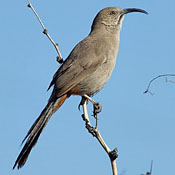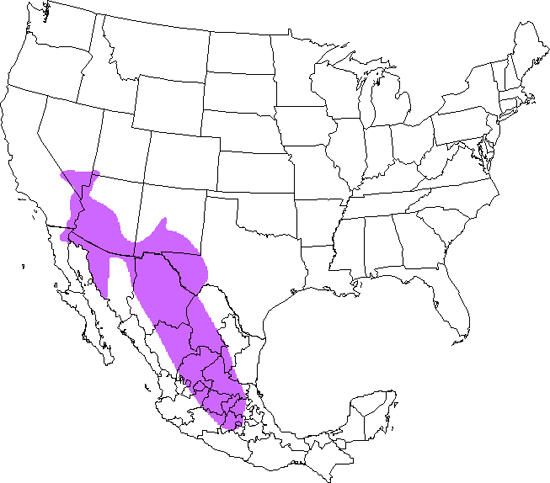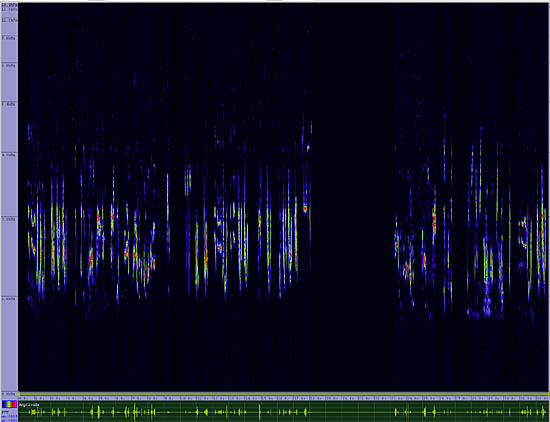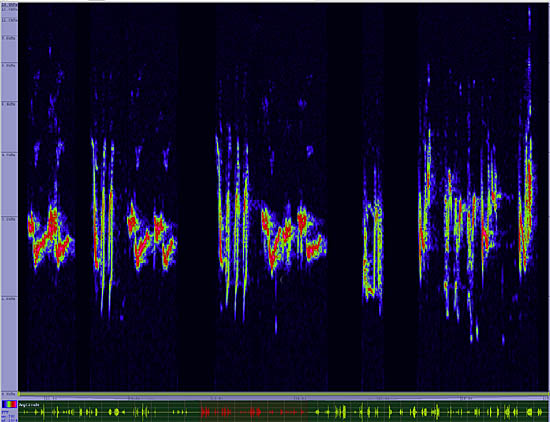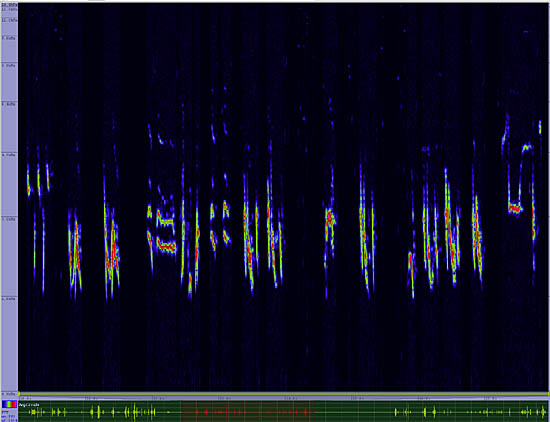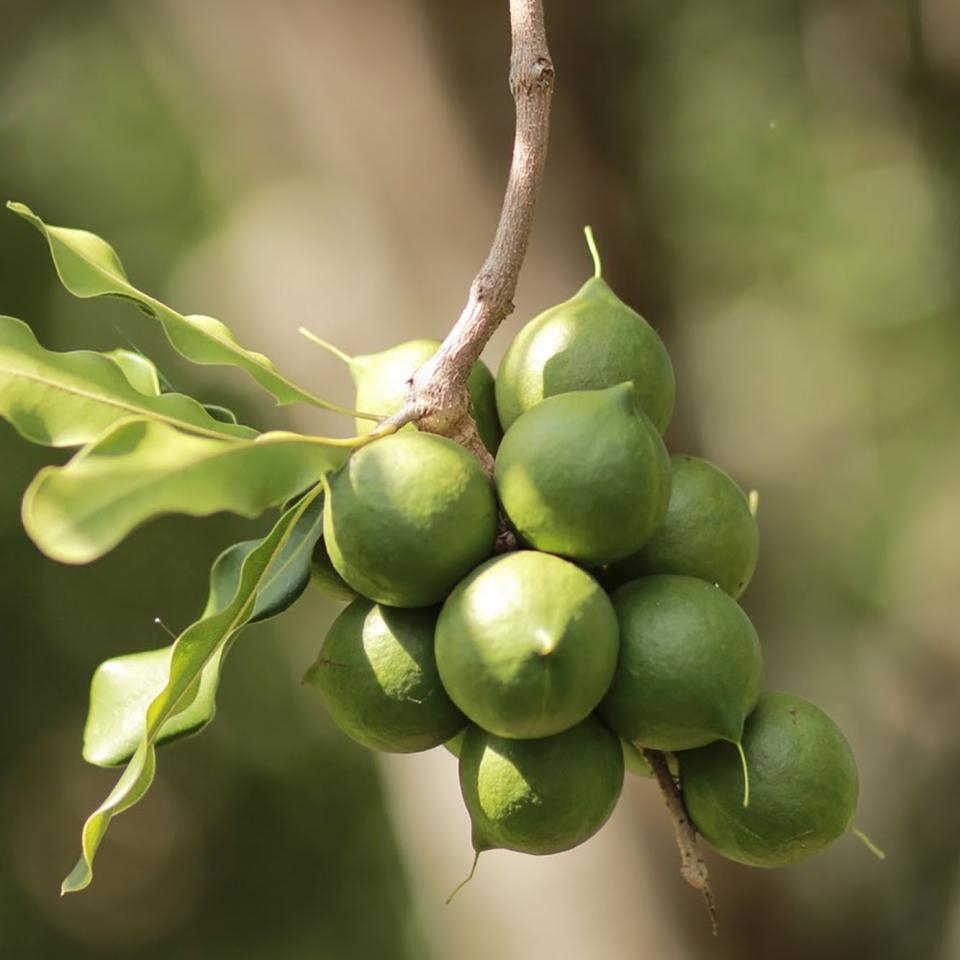The four-digit banding code is CRTH.

Perching
Crissal Thrasher
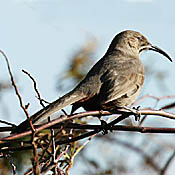
Length: 12 in. (29 cm )
Female | Robert Shantz
Male | Robert Shantz
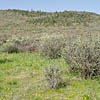
Chaparral
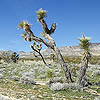
Desert
Mesquite bosque
Riparian / River forest
View Citation
Bibliographic details:
- Article: Crissal Thrasher
- Author(s): Dr. Biology
- Publisher: Arizona State University School of Life Sciences Ask A Biologist
- Site name: ASU - Ask A Biologist
- Date published: July 13, 2017
- Date accessed: August 29, 2024
- Link: https://askabiologist.asu.edu/activities/bird/crissal-thrasher
APA Style
Dr. Biology. (2017, July 13). Crissal Thrasher. ASU - Ask A Biologist. Retrieved August 29, 2024 from https://askabiologist.asu.edu/activities/bird/crissal-thrasher
Chicago Manual of Style
Dr. Biology. "Crissal Thrasher". ASU - Ask A Biologist. 13 July, 2017. https://askabiologist.asu.edu/activities/bird/crissal-thrasher
Dr. Biology. "Crissal Thrasher". ASU - Ask A Biologist. 13 Jul 2017. ASU - Ask A Biologist, Web. 29 Aug 2024. https://askabiologist.asu.edu/activities/bird/crissal-thrasher
MLA 2017 Style
Be Part of
Ask A Biologist
By volunteering, or simply sending us feedback on the site. Scientists, teachers, writers, illustrators, and translators are all important to the program. If you are interested in helping with the website we have a Volunteers page to get the process started.







